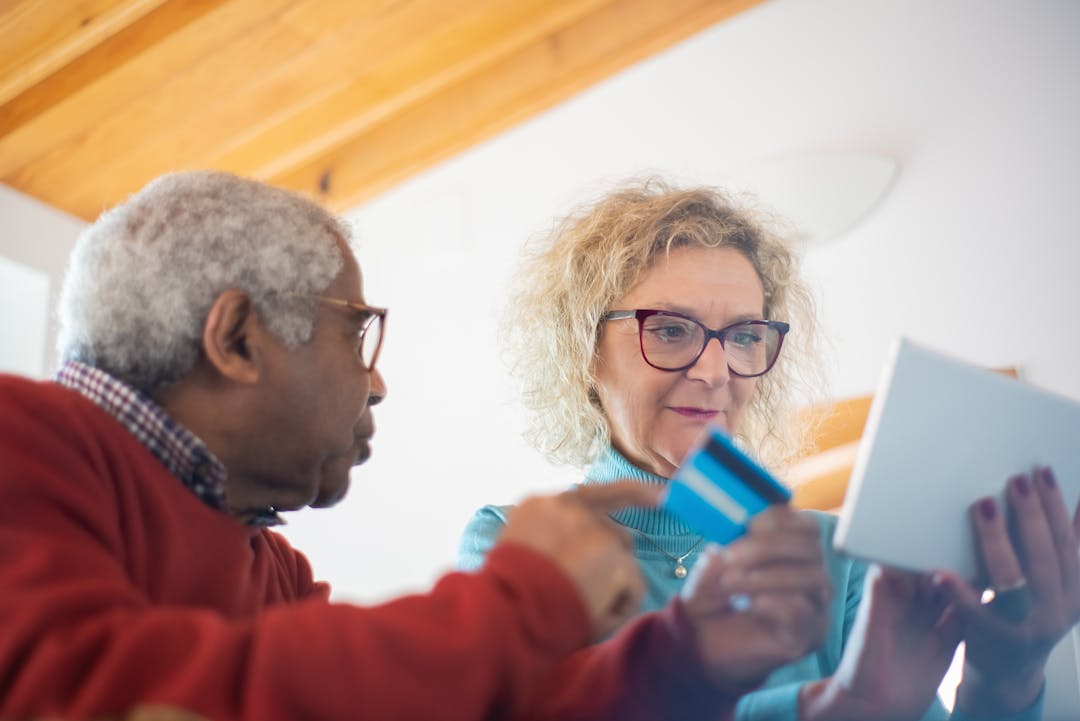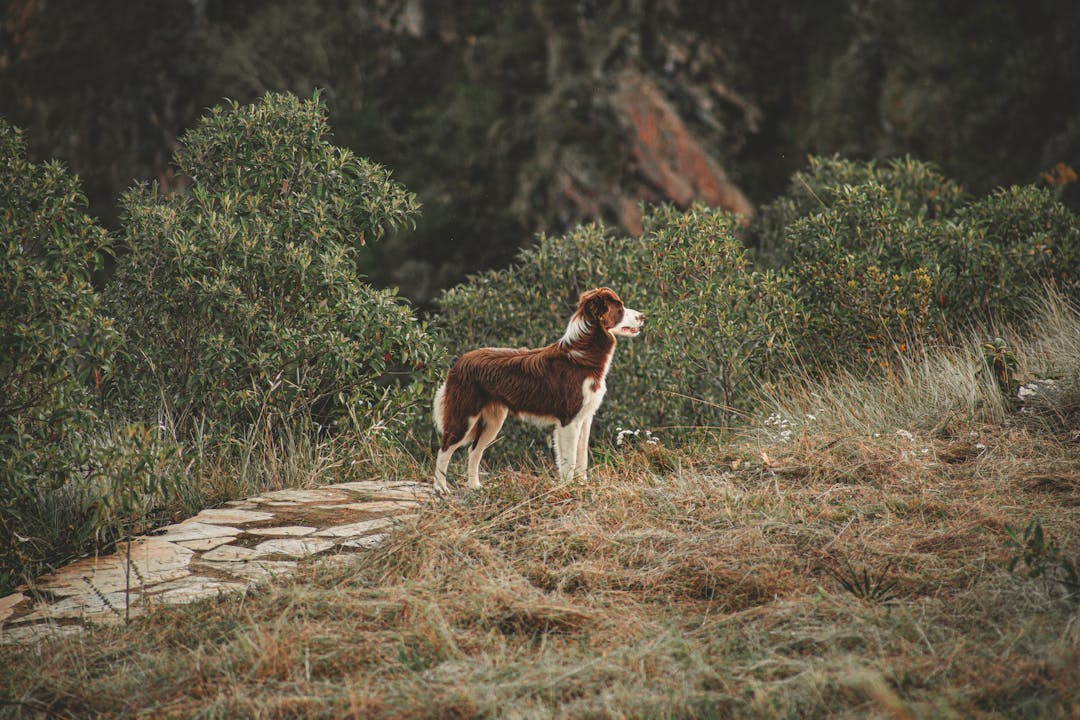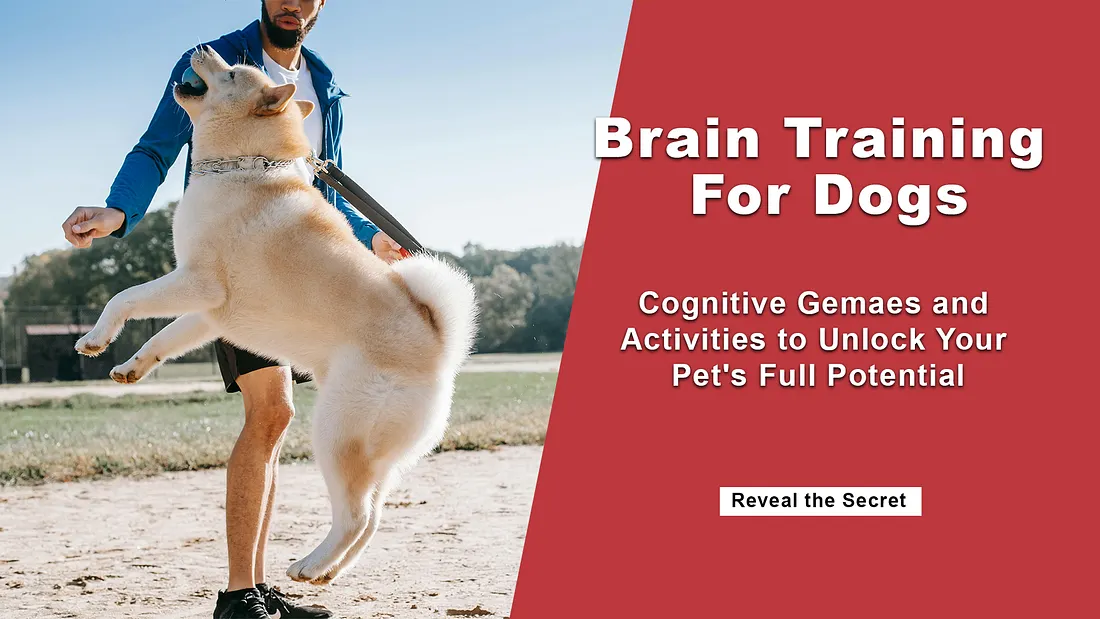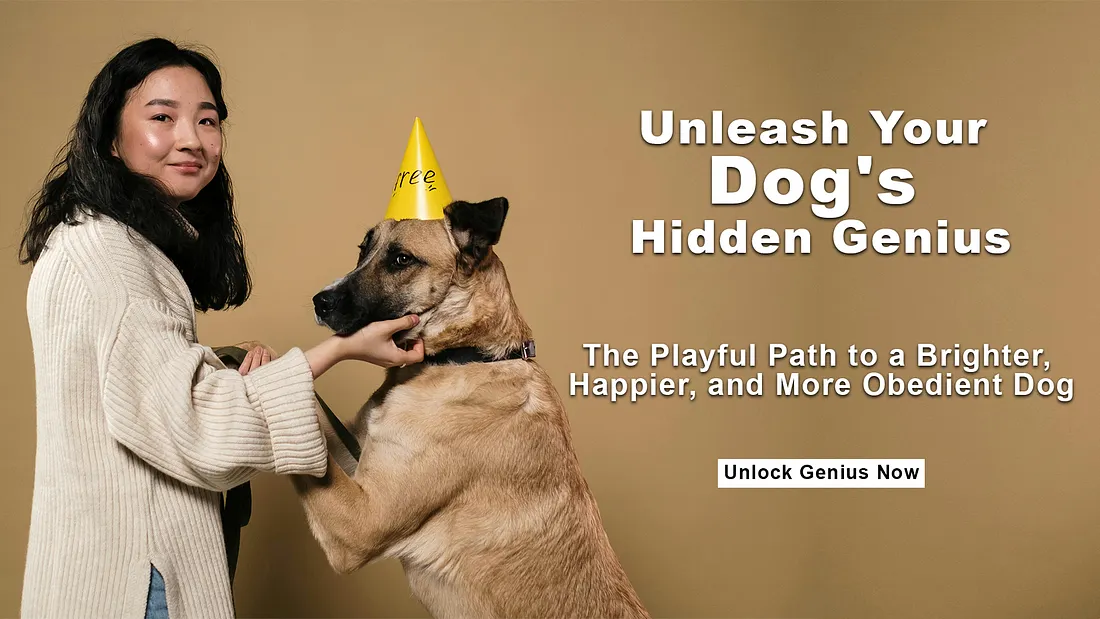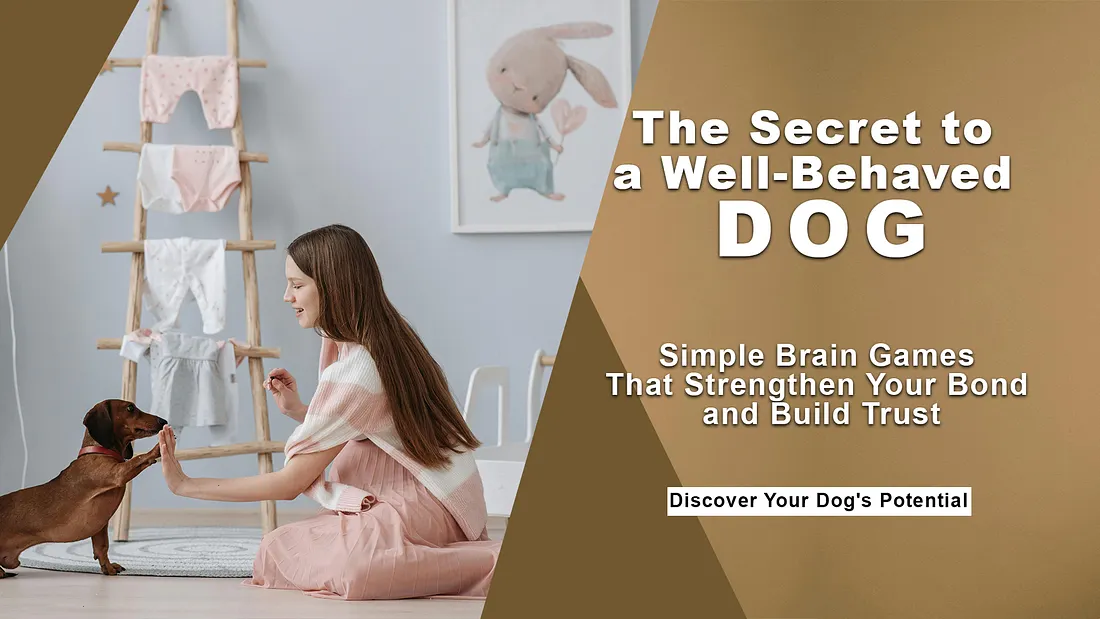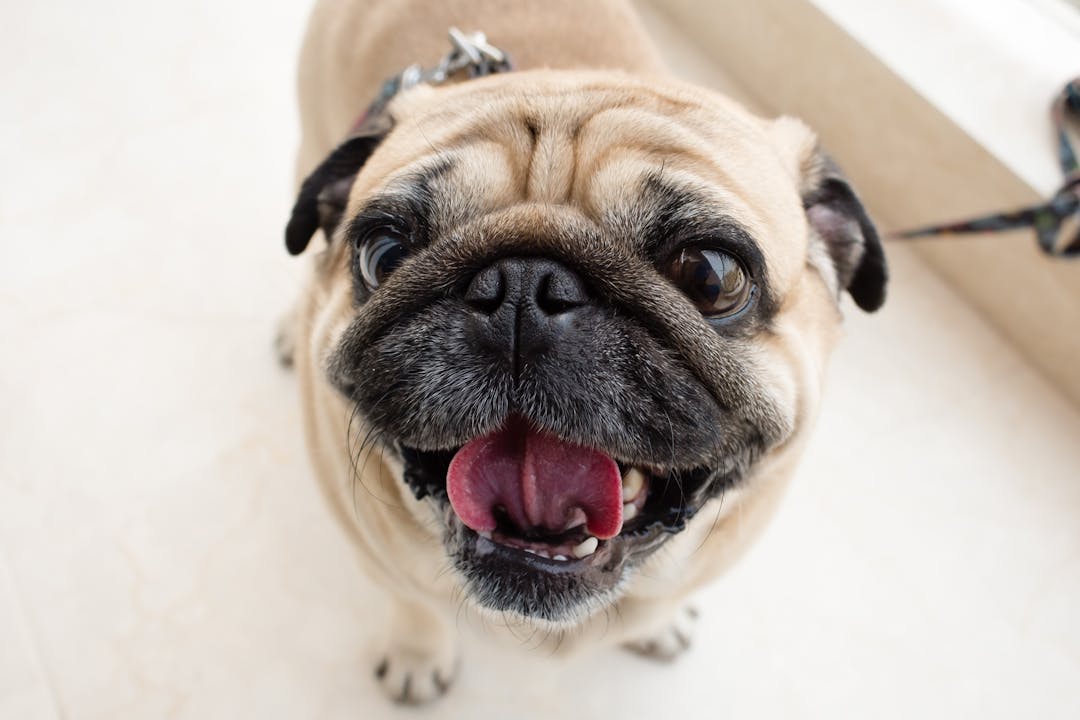Local Dog Training: Bringing Harmony to You and Your Canine Companion in Dallas, TX
Improve Your Dog’s Bad Habits with Exciting Games
Those annoying habits we often see – lunging at guests, barking too much, leash pulling, you name it – often stem from not getting enough exercise, boredom, or a misunderstanding of what you expect. Fun training sessions can change that!
- Energetic Greeter? Turn fetch into a jumping redirect.
- When guests arrive, right as your dog starts to get excited, send them on a “mission” to fetch a favorite toy.
- Reward them for bringing it back in exchange for attention from your guest.
Dog Training App: Is your pup more “ruff” around the edges than refined? Are you craving a better-behaved canine companion? The right dog trainer can make all the difference! Let’s break down how to discover the best dog training resources in your local area. Here we will discuss all the keywords like Dog Training In Home and Dog Behavior Guide.
Train Your Dog for a Better Life: Safety, Behavior, Bonding
Dog training isn’t just about fancy tricks. It’s about helping your dog become a well-adjusted companion :
- More Meaningful Bond: Training fosters trust and strengthens your relationship with your dog.
- Safer Dog: A properly trained dog is less likely to run off, engage in conflict, or demonstrate risky behaviors.
- Calmer Household: Training helps with challenges like constant barking, destructive behavior, and potty training accidents.
Types of Dog Training Techniques
There is more than one way to teach an old dog new tricks! Here are some common training options:
- Basic training classes: These cover essential commands like “sit”, “stay”, and “come”, leash manners, and social skills. They’re great for puppies and dogs new to training.
- Personalized training sessions: These sessions tackle particular behavior problems or more complex skills.
- Board-and-Train Programs: Your dog stays with a professional trainer for intensive training over a few weeks.
- Specialized training: This includes agility training, scent training, or guard dog training.
Finding the Right Dog Trainer
Don’t just pick the first name you discover online. Inquire about its significance how it came to be its history :
- Methods: Do they use rewarding good behavior or older, punishment-based techniques?
- Ask about relevant certifications, that signal professional knowledge.
- Do they have experience with the types of behavioral issues you’re facing?
- Do they offer client references?
The Secret to a Relaxed, Responsive, Fulfilled Dog
We all desires a well-behaved companion by their side. But behind every obedient, well-adjusted dog isn’t just a series of commands, but also a dog that is mentally engaged, receives plenty of exercise , and has a strong bond with its human.
Play all three :
- Dogs, like us, need mental stimulation! Playing games forces them to problem-solve. This mental workout helps prevent boredom, which could trigger unwanted behaviors.
- A tired dog is usually a good dog. Incorporating physical activity during your playtime builds a healthy routine and allows them to release their energy in a controlled setting.
- There’s nothing better for strengthening the owner-dog relationship than having fun! Quality playtime encourages positive interactions, builds trust, and gives you insight into your dog’s personality and how they communicate.
Reveal Your Dog’s Best Behavior with Fun Brain Games
Some of the most fun games utilize your dog’s natural instincts. Here are a few engaging brain games to enhance your training:
- Hide and Seek Fun: Bury a treasured object in simple boxes or under towels. Let your pup unleash their inner detective to locate the prize. Start easy and gradually increase the difficulty as they get the hang of it!
- The Shell Game: Ideal for honing concentration and building impulse control. Place three opaque cups upside down. Conceal a tasty reward under a single cup, then shuffle them around, encouraging your dog to guess which cup hides the reward.
- Puzzle Toys: Invest in interactive puzzles that require your dog to work for its treats. These mentally engaging toys provide entertainment for your furry friend while enhancing their problem-solving abilities.
Struggling with your dog’s barking? This step-by-step program is the solution you need.
The most effective dog training shouldn’t feel like a chore for either of you. Play-based training changes the whole experience with these key benefits:
- Boosts Motivation: Dogs, similar to children, learn faster when it’s fun!
- Reinforces Recall: Games like fetch or an amped-up version of hide-and-seek naturally make your dog want to come back to you, building reliable recall.
- Builds Confidence: Completing tasks through play, even simple ones, builds positive associations and gives your dog a sense of self-confidence.
- Reduces Stress: For both you and your dog! Play is a natural stress reliever, and the reward-based approach reduces the frustration that can come from traditional training methods.
End Struggling with Your Dog: Teach Through Play
If you’re frustrated with the classic “sit,” “stay,” and “heel” training, it’s time to consider play. Remember, dogs don’t speak our language – they learn through actions and repetition. Games break complex things down into playful steps, helping them succeed in a non-pressured, happy environment.
Here’s how to incorporate games into your fitness regimen:
- Instead of physically forcing your dog into a seat, simply hold a treat above their head. As they naturally lift their head up to reach it, guide it back so they naturally sit down. Immediately give them praise! Now, you can introduce the word “sit” as the action happens. Play a similar game by lifting a paw for “shake.”
- Rather than teaching rigid stillness, turn “stay” into an active game. Have your dog sit and stay for a brief moment, then toss a toy a short distance. Release them with a “fetch it!” command and reward them for coming back to you instead of running after the toy forever. Gradually make the “stay” longer.
- Instead of fighting the leash, turn your walk into a fun follow-along game. Change speeds suddenly, walk in circles, and switch directions without warning. Reward your dog for staying focused. Add in a verbal “heel” cue as they match your pace.
Dog Training App
Do you want a more intelligent, fitter, better-behaved dog?
There’s no miracle pill for a perfectly behaved dog. However, regularly making time for engaging, playful training sessions is the closest thing to it. You’ll observe the benefits extend beyond just the specific commands you teach.:
- Improved Cognitive Function: Mentally challenged dogs become more adept at problem-solving in situations beyond their training. This means they’re less likely to get into trouble out of boredom!
- Increased Confidence: A dog who knows playful “tricks” and excels during training feels more confident in themselves and their bond with their owner.
- Better Overall Fitness: Active play is essential for keeping a dog at a healthy weight and helps alleviate arthritis and other ailments associated with a lack of exercise.
- Decreased Anxiety: A well-exercised, mentally stimulated dog is less prone to anxiety and stress-related behaviors.
An Unexpected Method to Strengthen Your Bond with Your Dog
The time you dedicate to playful training is more than just getting the results; it’s an investment in the heart of your bond – your relationship. Dogs thrive on positive attention and shared experiences. Play checks both boxes and makes you your dog’s favorite source of fun.
- Learn Your Dog’s Language: By playing, you will better understand what they like and dislike, and how they express themselves.
- Could a tail wag with a tucked rear indicate anxiety instead of pure joy? Play gives you a window into their world.
- Mutual Respect: Play-based training eliminates harsh corrections and focuses on positive reinforcement. Your dog will see you as a source of joy, not just someone giving orders.
Things to Look Out For to Watch Out For
- Those offering “guaranteed” results
- Those who focus heavily on harsh discipline techniques
- Anyone who prohibits you from attend a session
- Trainers who push you towards costly programs upfront
Local Dog Obedience Resources
- Talk to your veterinarian: They often have great recommendations.
- Check with pet stores or dog shelters: They may provide training courses or recommendations.
- Do an online search: Try searching for “[your city] dog training classes”. Read reviews and ratings on platforms like Google or Yelp.
- Find local dog-related communities: Social media or sites like Meetup.com can connect you to owners with trainer recommendations.
Keywords: Dog Training In Home, Dog Training App, and Dog Behavior Guide. Your location is near Dallas, Texas, Dallas, 75211.
Let’s start the good times begin!
Keep in mind, play-based training is all about adapting and having as much fun as your dog! Let your creativity run wild, make things silly, and celebrate each tiny win along the way. You might even find yourself rediscovering the pure delight of being a dog owner as your loyal companion blossoms into their most joyful and best-behaved self.
